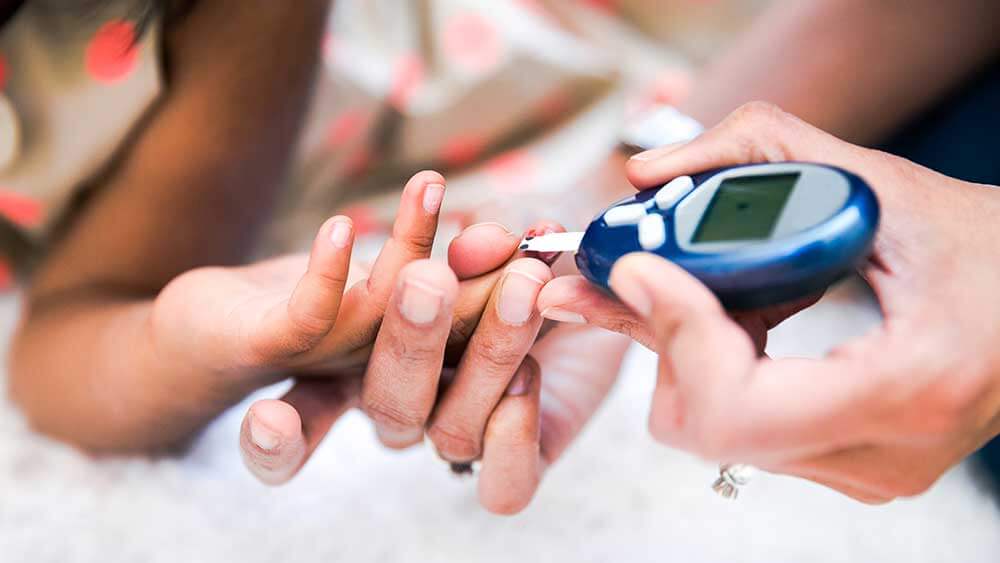Study Reveals: Marrying Blood Relatives Linked to 10% of Type 2 Diabetes Cases in British Asian Communities

London, UK – September 27, 2023
A groundbreaking new study has shed light on a concerning health issue within British Asian communities, revealing that marrying blood relatives contributes to as much as 10 percent of Type 2 diabetes cases in these communities. The research, conducted by experts from the Wellcome Sanger Institute and Queen Mary University of London, provides crucial insights into the factors influencing the higher prevalence of diabetes among South Asian populations.
For years, it has been known that South Asian communities face a significantly greater risk of developing diabetes, accounting for eight percent of all diagnosed cases in the UK, despite comprising only four percent of the total population. However, the reasons behind this heightened susceptibility had remained unclear, leaving scientists to explore whether genetics or lifestyle factors were the primary driving force.
Many South Asian communities practice consanguinity, which involves marrying blood relatives, often second cousins or closer. This practice, while rooted in tradition, can increase the risk of genetic problems in offspring. To understand the impact of consanguinity on health, researchers analyzed genetic data from over 400,000 individuals in Britain.
The study revealed a startling link between consanguinity and various diseases and disorders, including Type 2 diabetes, asthma, and post-traumatic stress disorder (PTSD). Among the findings, blood-related marriages were found to be responsible for approximately 10 percent of Type 2 diabetes cases among British Pakistanis and around three percent among British Bangladeshis. Moreover, it was estimated to account for eight percent of asthma cases in British Pakistanis and two percent in British Bangladeshis.
Daniel Malawsky, the first author of the study at the Wellcome Sanger Institute, emphasized, “While consanguinity has a smaller role in common diseases compared to other factors, it is still essential to understand its specific influence on health in these communities.”
The research highlighted a significant difference in the prevalence of consanguineous marriages, with approximately 33 percent of British individuals of Pakistani and Bangladeshi descent being offspring of second cousins or closer, compared to just two percent of individuals of European descent.
Marrying close relatives can elevate the risk of passing on harmful gene mutations that run in families. A previous study among British Pakistanis found that one in 16 babies born to first-cousin parents had a congenital anomaly, compared to one in 38 children born to unrelated parents.
British Pakistanis and Bangladeshis are known to have a four-to-six-fold increased risk of developing Type 2 diabetes compared to individuals of European ancestry. However, the research team stressed that the health risks of consanguinity should be considered alongside the positive social benefits of the practice, such as family bonding. They also pointed out that other lifestyle factors, such as lack of exercise, smoking, and obesity, have a more substantial impact on health outcomes.
Coun Ahsan Khan, chair of the Genes & Health community advisory board and councillor at Waltham Forest, highlighted the importance of culturally sensitive approaches in health research. He said, “This work underscores the significance of culturally sensitive approaches in health research, acknowledging the delicate balance between social benefits and any potential risks.”
The study aims to guide future research to better understand these diseases and their underlying biology, ultimately contributing to the development of more effective treatments. It was published in the journal Cell, serving as a crucial step toward addressing health disparities in communities, particularly in diseases like Type 2 diabetes.



















Facebook Comments